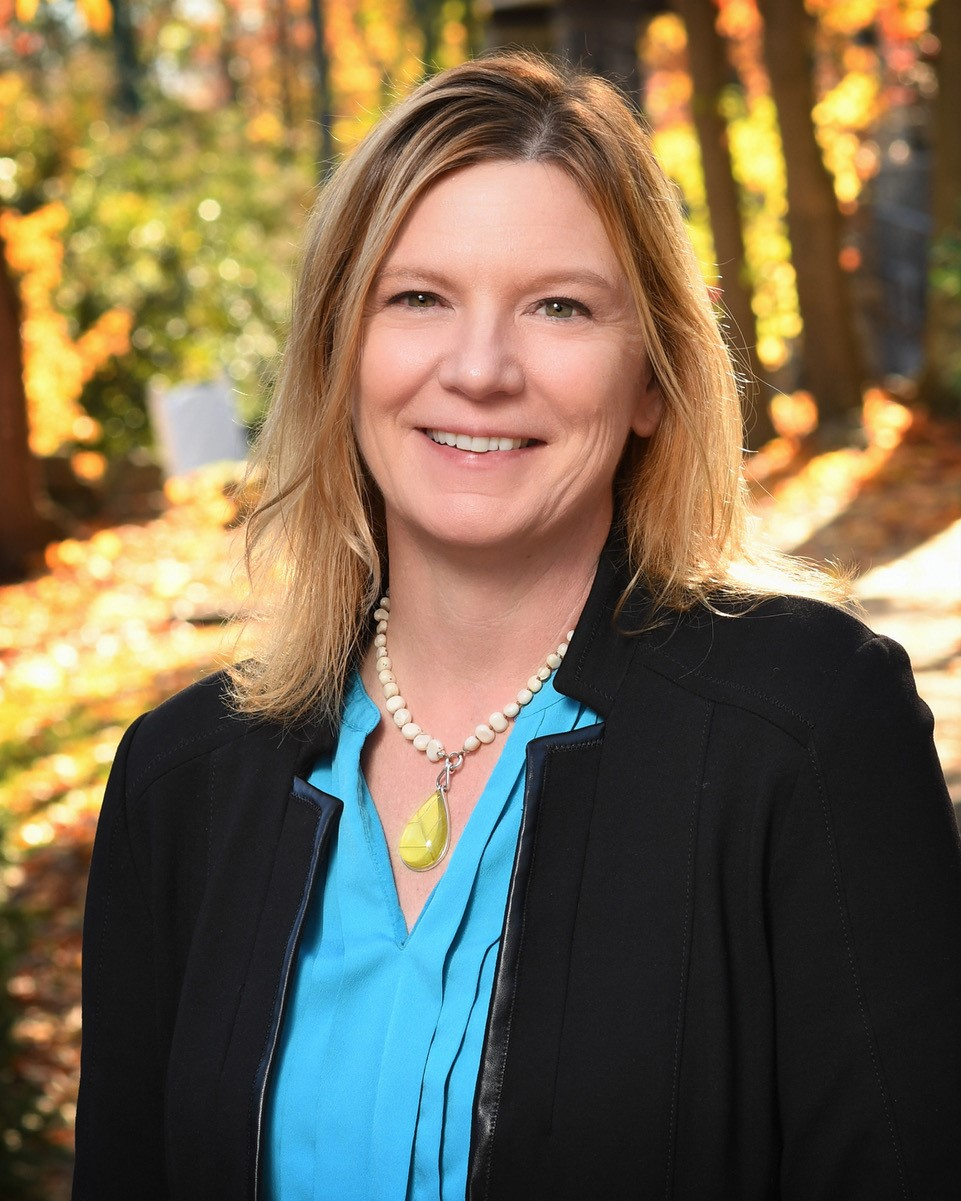
Download Photo ↓
Alicia Kelly
Vice Dean for Academic Affairs & Professor of Law
B.A., Temple University
J.D., Beasley School of Law, Temple University
LL.M., Legal Education, Beasley School of Law, Temple University
Office Number 406
About
Alicia Kelly is Vice Dean for Academic Affairs and Distinguished Professor of Law at Delaware Law School. She was Interim Dean in AY 2022-23, and before that was Associate Dean for Academic Affairs & Dean of Faculty, and Associate Dean of Faculty Development and Strategic Initiatives.
Dean Kelly is an expert in Family Law, Property Law Wills & Trusts and Elder Law. Her scholarship focuses on family relationships, economic behavior, inequality, and gender. Her work addresses laws and policies concerning economic relations laws for married and unmarried couples, as well as for inter-generational family relationships, including the elder care system.
Innovation in legal education is another area of expertise. Dean Kelly is co-author of two textbooks that draw on best practices for legal education and weave in real world lawyering problems and documents, as well as policy questions that impact the law’s development. Chartacourse Family Law: Cases, Policies, and Practices (2015) (with John Culhane) is an entirely web-based textbook that organizes Family Law around a chart or map of topics. She is also co-author of Property Law: Context and Practice (with Nancy Knauer) (part of a peer edited series by Carolina Academic Press 2017).
Dean Kelly has engaged in a range of leadership, scholarly and service activities. She has published numerous articles in law reviews, spoken in many academic and public settings, organized symposia and academic conferences, and served in organizational leadership roles.
Dean Kelly serves as co-director of the Family Health Law & Policy Institute at Delaware Law that is dedicated to public education and service, and to reforming laws and policies that concern families and their health. She has served on the steering committee for Delaware ERA Now, a non-profit organization dedicated to advancing women’s status through education and anti-discrimination advocacy. Additionally, Dean Kelly is the co-director of Wills for Heroes DE, a volunteer organization that trains legal professionals and provides free estate planning documents for police, firemen and other first responders in the state of Delaware. Dean Kelly is also a part of the Delaware Family Court Enhancement Project team, working to improve the legal system to better serve survivors of domestic violence and their children.
Dean Kelly continues to serve on the executive board of the Association of American Law Schools Section on Family & Juvenile Law, following a term as section Chair in 2010-2011. She is also a member of the Executive Committee for the Section on Women and Legal Education, and the Elder Law Section. She holds an LL.M. in Legal Education from Temple University School of Law, where she was an Abraham L. Freedman Fellow and Lecturer of Law, and also earned her J.D. (cum laude) and B.A. (magna cum laude) and from Temple University. Before joining Widener Delaware Law School, Dean Kelly was an Assistant Professor at Western State University College of Law. She also has held appointments as a visiting professor and an adjunct professor at other law schools.
Before her academic career, Dean Kelly was in private practice concentrating on complex domestic relations and general civil litigation. She is a trained mediator. During law school she was a law clerk for the Honorable Judge William F. Hall in the Federal District Court, 3rd Circuit. Dean Kelly is admitted to practice in Pennsylvania and Colorado.
What inspires me to teach?
A legal education is transformative. It is so exciting and a real privilege to be a part of that—to teach and work with our talented, dedicated and engaged students as they develop into legal professionals. I am inspired by the opportunity to help others see and harness the power of law and lawyering skills and to use that to improve and advance their own lives and the lives of the people and communities we serve.
Why do lawyers matter?
Lawyers are dedicated to and skilled at a number of things: lifelong learning, careful analysis, planning and problem solving—to name just a few. The core of what lawyers do is to serve and assist others and to work to improve the legal system and our communities. Consider the lawyer whose job it is to help families navigate an important life transition such as care for an aging relative, death or divorce, or a child welfare concern. There are many other examples: a lawyer assisting in management and planning for a business, a public defender assisting someone accused of a crime, or a non-profit attorney working to protect the environment. Lawyers matter because we help others and contribute to our system of justice, with knowledge and a skill set that are valuable tools for achieving these goals.
